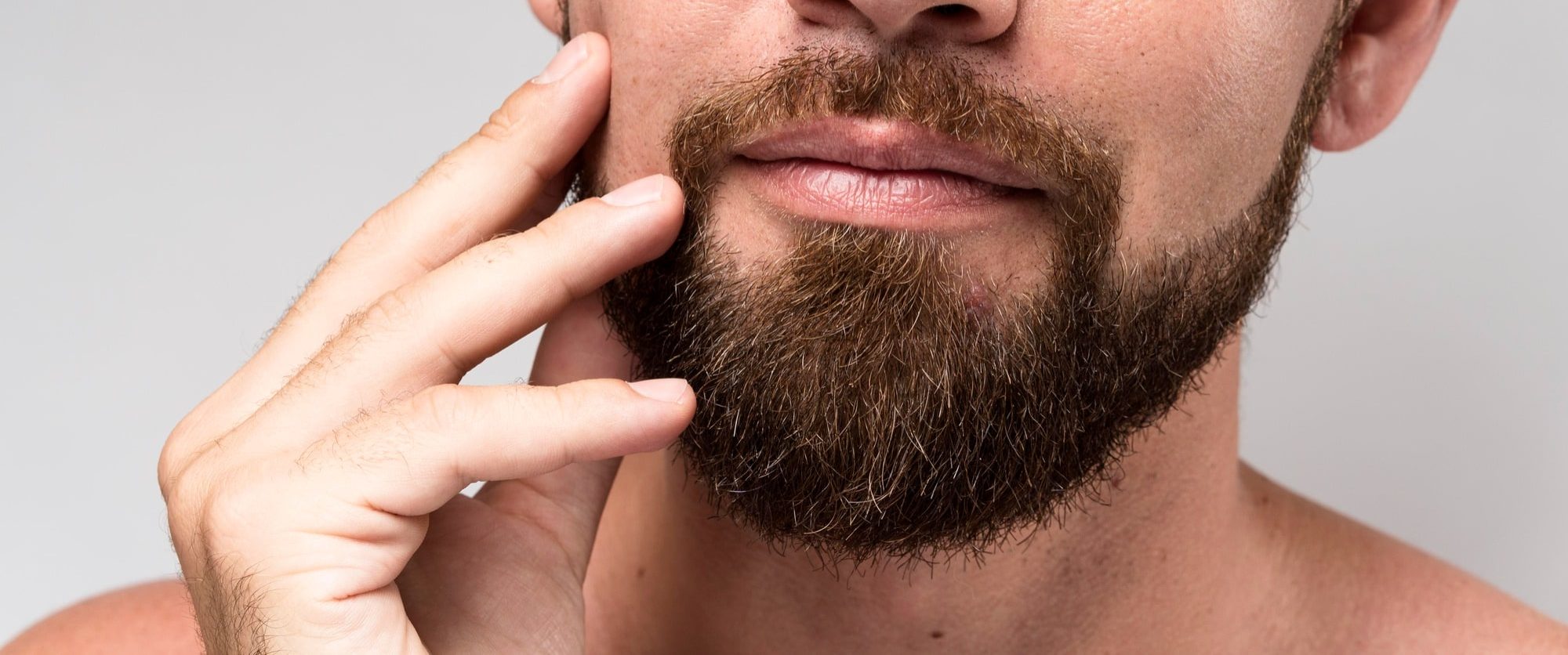
Beard grafting
Beard transplantation is a procedure similar to hair transplantation, but it aims to improve the density, shape and appearance of the beard for men who have sparse areas, scars or imperfections in this region. This may be an option for those who wish to have a thicker, more uniform beard, or for those who have areas where hair growth is limited.
The beard transplant process
Beard grafting is an increasingly popular procedure for men wishing to improve the density and appearance of their beard. The grafting technique is similar to that used for hair and eyebrow grafts.
Ideal candidates
Candidates for beard transplantation are usually men with sparse areas or scars in their beards, or those with limited facial hair growth. Beard grafting may also be an option for those who wish to shape their beard according to their aesthetic preferences.
Expected results
After the beard transplant, the transplanted hairs will grow naturally, giving patients a fuller, thicker beard. This can radically change the appearance of the face, giving it a more masculine and mature look.
Here’s how a beard transplant usually works
- Consultation : It all starts with a consultation with a hair or beard transplant specialist. The professional will assess the condition of your beard, discuss your expectations and determine whether you are a good candidate for beard transplantation.
- Planning: The specialist will discuss your desired beard shape, desired density and the best way to achieve your goals. He will also examine the donor area (usually the back of the head) to determine the quantity of hair follicles available.
- Follicle extraction : Hair follicles are harvested from the donor area. As with hair transplants, the FUE method is often preferred as it allows the follicles required to be harvested individually.
- Follicle preparation: Harvested follicles are prepared and sorted ready for transplantation. Follicle quality is important for natural results.
- Transplantation: The practitioner creates small incisions in the beard area, following the natural shape and direction of the hairs. The prepared follicles are then implanted one by one into these incisions, creating a new density and uniform appearance of the beard.
- Healing and regrowth: As with other transplants, a healing period is necessary. The transplanted follicles will go through a resting phase before regrowth begins. Transplanted hair usually falls out before new hair starts to grow.
Beard grafting can be an excellent option for men who want to improve the appearance of their beard.
Make an appointment for a beard transplant
The first beard transplant consultation is free to determine the best approach for your individual needs.



